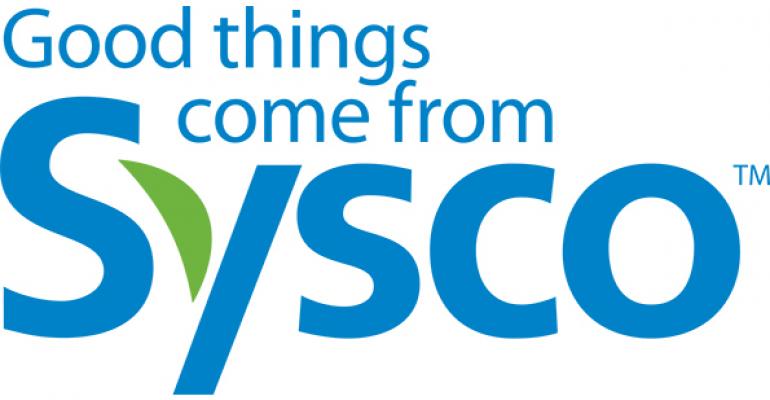Sysco Corp.’s termination of its merger with US Foods Inc. cost the company $693 million in its 2014 fiscal year, the Houston-based distributor said during an earnings call Monday.
Sysco called off its merger with US Foods in June, shortly after federal regulators won court approval to delay the controversial, $8.2 billion deal.
As a result, the company had to pay termination fees totaling $313 million — $300 million to US Foods and $12.5 million to Performance Food Group, which agreed to buy 11 US Foods facilities if the merger was approved.
Planning and litigation cost the company another $231 million. Expense on debt for the merger cost $138 million, and the company wrote off another $11 million.
“We ended up pulling the trigger on the US Foods deal, and that cost a lot of capital,” Sysco CEO Bill DeLaney said during an earnings call discussing the fourth quarter ended June 27.
The cost won’t discourage Sysco from trying to make other deals. DeLaney reiterated late in the call that the company will “continue to look for acquisitions” both domestically and perhaps to build its international business.
Still, the enormous cost of ending the merger hurt Sysco’s earnings during the quarter.
Fourth-quarter net income fell 71 percent, to $73 million, from $254.2 million the previous year. For the fiscal year, net income fell 26 percent, to $686.8 million, from $931.5 million the previous year.
Sysco, the nation’s largest broadline food distributor, agreed to buy US Foods, the second-largest distributor, in December 2013 for $3.5 billion plus assumed debt. The deal was delayed for several months before the federal government sued to block the merger early this year. In June, a federal judge agreed to an injunction that further delayed the deal pending an outcome, prompting the two companies to walk away.
Many speculated that competitors would get more aggressive after the death of the merger, but DeLaney said that hasn’t happened, at least not yet, although he noted that the environment is typically competitive.
“I don’t think the competitive environment has changed that much at all,” DeLaney said. “Competition is very acute.”
Sysco reported record revenue during the year in which the merger was in limbo. Fiscal 2014 revenue reached a record $48.7 billion, the company said, a 4.7-percent increase from the previous year. Fourth-quarter revenue rose 0.9 percent, to $12.4 billion, from $12.3 billion the previous year.
Net earnings adjusted to factor out one-time options, such as merger costs, rose 5.7 percent in the fourth quarter, to $309 million.
Gross profit rose 3 percent in the quarter, to $2.22 billion, from $2.16 billion.
“I’m really pleased with the quarter,” DeLaney said. “The quality of the quarter was good.”
Food cost inflation eased over the past three months, Sysco said. For the full year, food cost inflation was 3.7 percent, but by the fourth quarter inflation was flat. Higher costs in meat, poultry and frozen foods were offset by deflation in dairy, produce and seafood.
“Data is mixed,” DeLaney said of the current direction of the restaurant industry.
“Consumer confidence and the outlook of foodservice operators is historically high, but it slipped in the summer,” he said. “Restaurant spending is up, but traffic is flat. The market environment is modestly improved from where it was a year or two ago, but it’s unclear what the go-forward trajectory is over the next couple of quarters.”
Contact Jonathan Maze at [email protected].
Follow him on Twitter: @jonathanmaze

